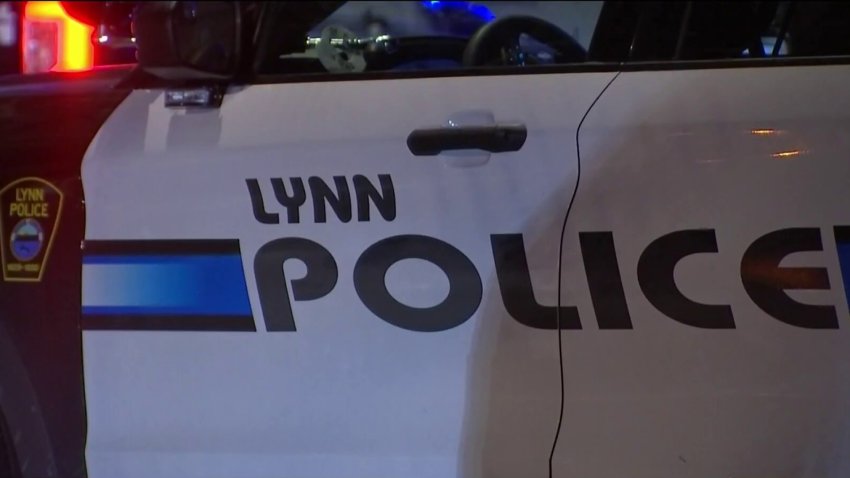
Training camp stock watch: Will Campbell submits up-and-down performance
Rookie offensive tackle Will Campbell had a “welcome to the NFL” moment in the Patriots’ first full-pads practice Monday, writes Phil Perry.

Rookie offensive tackle Will Campbell had a “welcome to the NFL” moment in the Patriots’ first full-pads practice Monday, writes Phil Perry.

Mass General Brigham layoffs cost $53 million

A federal judge on Monday ruled Planned Parenthood clinics nationwide must continue to be reimbursed for Medicaid funding as the nation’s largest abortion provider fights Trump’s administration over efforts to defund the organization in his signature tax legislation.

The woman, identified as 40-year-old Rosane Ferreira De Oliveira, was charged in February with assault and battery with a dangerous weapon on a pregnant victim, according to records from the Worcester District Court.

A missing 19-year-old with intellectual disabilities was found safe in Norton, Massachusetts, on Monday.



Two people, including a child, were taken to the hospital after being bitten by two loose dogs near Flax Pond Park in Lynn, Massachusetts, over the weekend.

A key ramp has been closed along Massachusetts Turnpike along the Framingham and Natick line after a crash on Monday morning.

Follow our live blog for the latest updates from Patriots training camp as the team holds its first practice in full pads.

Elected officials from two major cities in Merrimack Valley have come forward to publicly back embattled Market Basket CEO Arthur T. Demoulas, joining Methuen’s mayor in his support for the supermarket chain’s suspended executive.